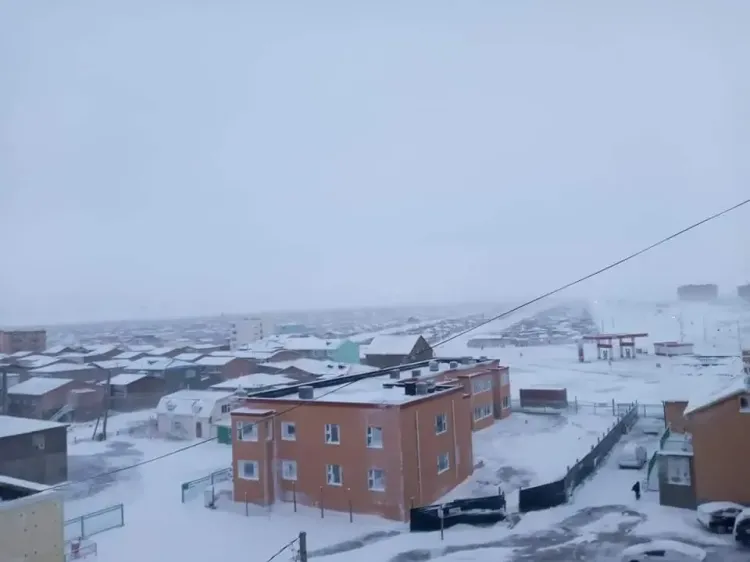Ulan Bator Plans to Stockpile 10,000 Tonnes of Meat for Spring

Synopsis
Key Takeaways
- The Mongolian government is stockpiling 10,000 tonnes of meat.
- This initiative aims to secure food supply for Ulan Bator in spring 2025.
- Nomadic livestock face challenges during the harsh spring season.
- Ulan Bator houses around half of Mongolia's population.
- Cold winter conditions pose risks to livestock and herders.
Ulan Bator, Jan 29 (NationPress) The government of Mongolia has initiated a plan to stockpile a minimum of 10,000 tonnes of livestock meat to guarantee a consistent supply for the residents of the national capital during the upcoming spring of 2025.
Officials have been designated to oversee various aspects including supply, distribution, sales, quality, and safety of the stored meat, as outlined by a statement from the government’s press office on Wednesday.
As the harsh spring season approaches, nomadic livestock tend to become thinner and herders have fewer animals available for sale, causing meat prices to surge in urban settings, which may lead to shortages.
Ulan Bator is home to nearly half of Mongolia's 3.5 million inhabitants, with livestock meat being the staple food for many Mongolians, as reported by Xinhua news agency.
Being one of the last remaining nomadic nations globally, Mongolia reported having 57.6 million livestock at the conclusion of 2024, according to the National Statistics Office.
The National Agency for Meteorology and Environmental Monitoring in Mongolia has predicted that most regions will face colder temperatures than the long-term average throughout the winter season.
Recently, temperatures dropped to a chilling -44.4 degrees Celsius in Otgon soum, an administrative division of Zavkhan province in western Mongolia.
This marks the coldest temperature recorded in Mongolia so far this winter, according to the weather monitoring agency's statement.
With a predominantly continental climate, the nation experiences long and extremely cold winters, with typical temperatures around -25 degrees Celsius.
The agency noted that last year, the lowest recorded temperature was -48.8 degrees Celsius on January 23 in the western province of Zavkhan, predicting similar frigid conditions this winter.
This cold wave is anticipated to cause considerable disruptions, prompting the public, especially nomadic herders, to take precautions to safeguard themselves and their livestock against the severe weather.
Earlier this month, the agency warned that approximately 40 percent of the country's territory is at a high risk of experiencing the extreme winter weather phenomenon known as 'dzud' this season.
The term 'dzud' refers to a harsh winter in Mongolia, during which numerous livestock perish due to frozen ground or heavy snow cover.









